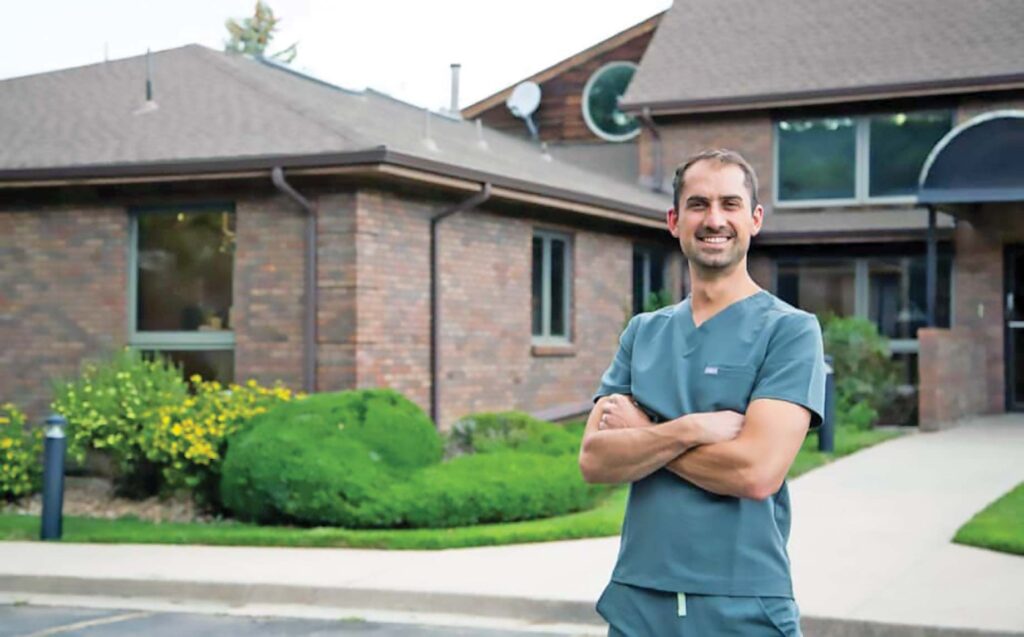In the fast-paced world we live in today, it can be difficult to prioritize a good night’s rest. Quality sleep is essential for our overall health and well-being. From improved mood and cognitive function to a stronger immune system, the benefits of good sleep cannot be overstated.
One often overlooked factor that can impact sleep quality is the health of our airways. When the airway is compromised, whether due to structural issues or habits like mouth breathing, it can lead to disruptions in breathing during sleep, such as snoring or even sleep apnea. These disturbances not only disrupt sleep but can also have profound implications for oral health and overall wellness.
Sleep apnea disrupts deep sleep and REM sleep by causing repeated pauses in breathing throughout the night. These interruptions lead to fragmented sleep patterns, preventing individuals from reaching the deeper stages of sleep essential for restorative processes and cognitive function, resulting in daytime sleepiness, impaired memory and concentration, disruptions in mood and much more.
Structural abnormalities in the airway, such as a narrow dental arch or misaligned teeth, can contribute to breathing difficulties and sleep disorders as well. Conversely, chronic sleep disturbances can exacerbate oral health issues, including periodontal disease (gum disease) and caries (cavities), due to decreased saliva production and compromised immune function. Additionally, breathing through the mouth especially while sleeping due to upper airway obstruction can lead to various issues such as illness, enlarged tonsils and adenoids, teeth grinding (bruxism) resulting in tooth wear and fractures, temporomandibular joint disorders, myofascial pain, tooth erosion, misalignment of teeth (malocclusion), and impacted teeth.
On the bright side, advancements in airway dentistry offer promising solutions for improving sleep quality and overall health. By addressing underlying airway issues through expansive structural and therapeutic treatments, individuals are able to restore proper breathing patterns and promote restful sleep. Often simple treatments like mandibular advancement devices and Nightlase(R), a non-invasive dental laser treatment, are other effective solutions that increase airflow through the mouth and throat while reducing snoring.
Beyond better sleep, airway dentistry treatments can have far-reaching benefits for overall health and well-being. By restoring proper airway function, individuals can also experience improvements in mood, concentration and energy levels throughout the day. Additionally, addressing oral health issues associated with airway disturbances can help prevent more chronic health issues down the line, such as cardiovascular disease, diabetes and other metabolic disorders.
In conclusion, embracing a holistic approach to sleep health that considers the interplay between airway, sleeping, and breathing is essential for optimizing overall wellness. By addressing underlying airway issues through innovative dental and medical treatments, individuals can unlock the transformative benefits of restful sleep and enjoy a healthier, more vibrant life.






